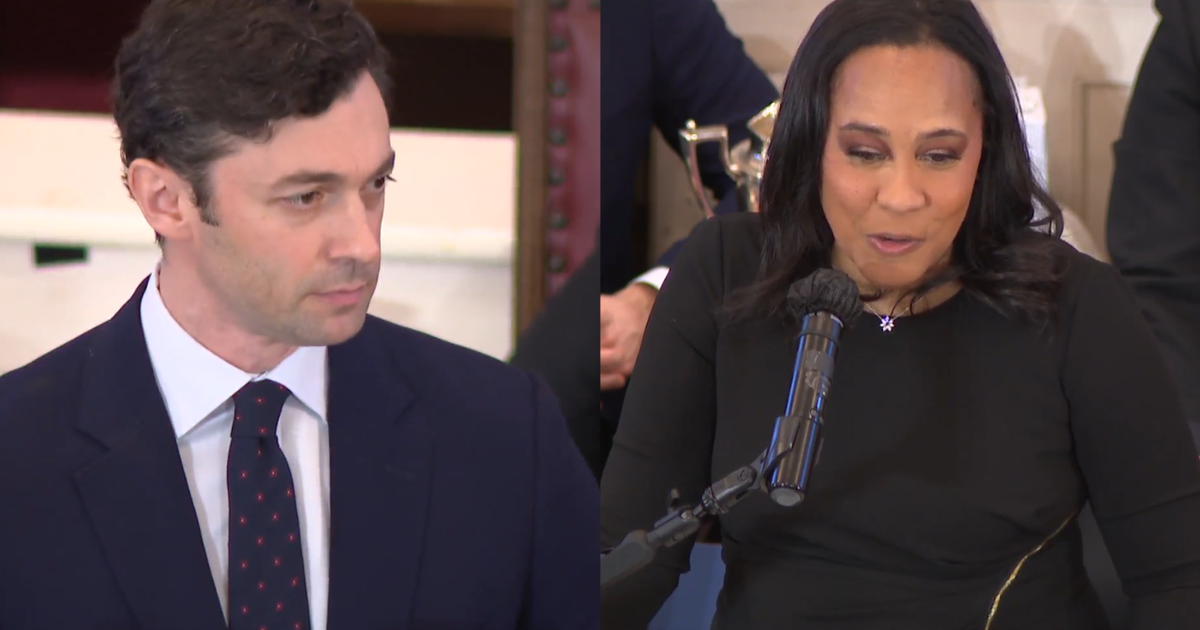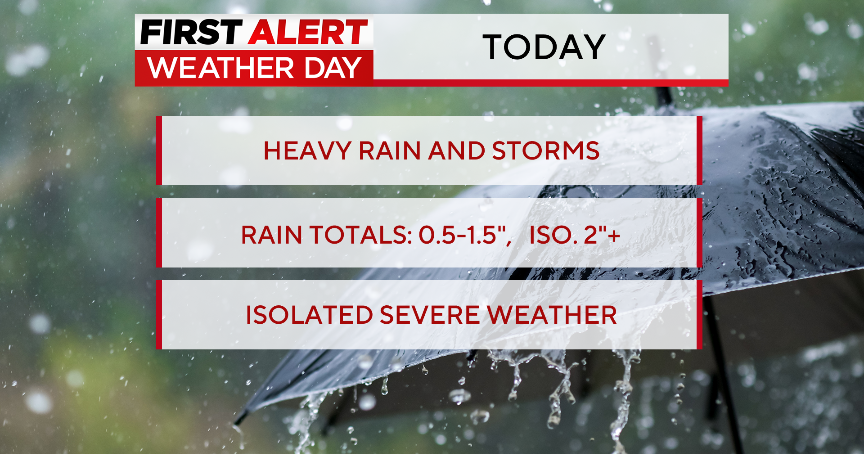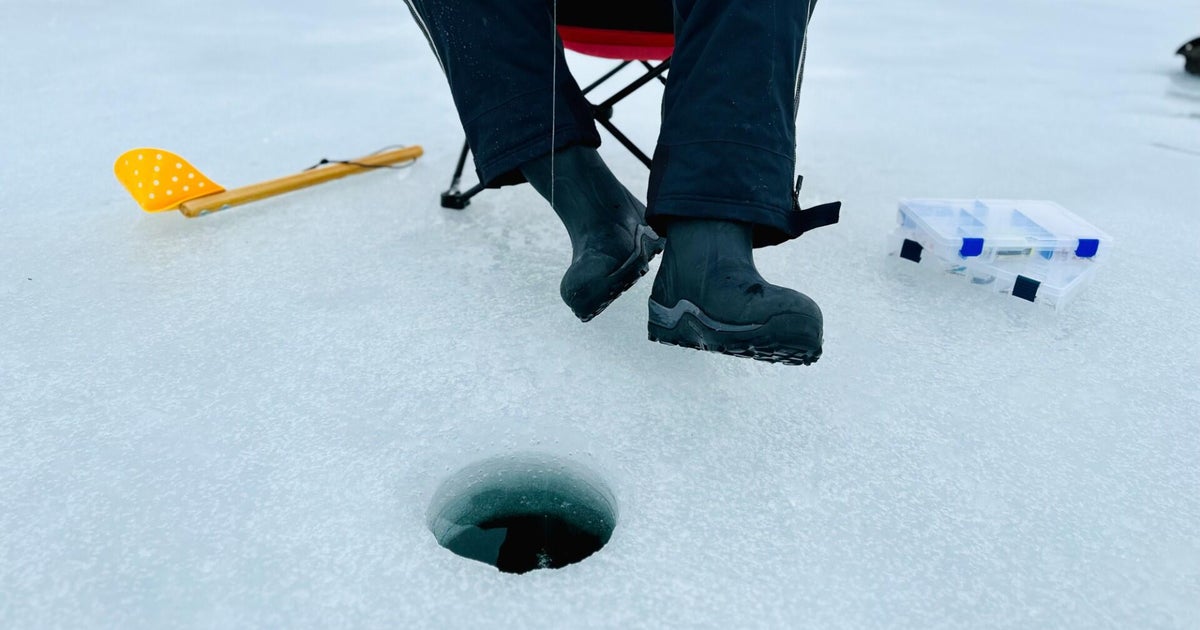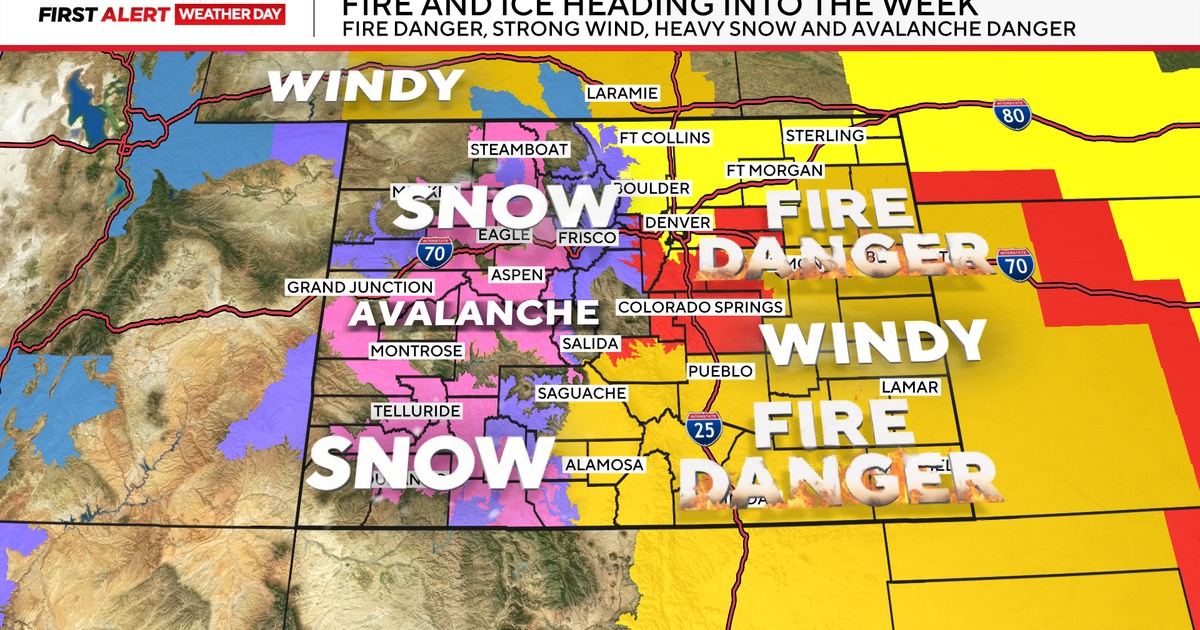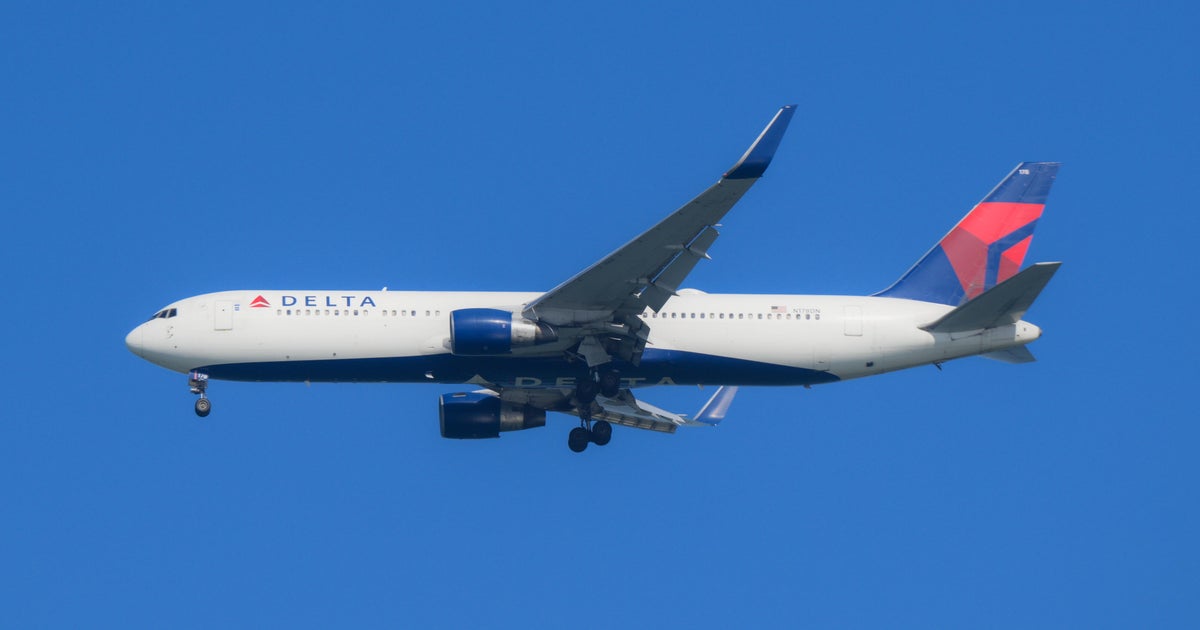Top Tips For Safe Travel Abroad
The biggest prize I ever won was a weekend for two in the Dominican Republic. It was May 29th, 1961. The next day, revolutionaries assassinated dictator Raphael Trujillo. The island nation was in chaos, and I stayed home.
From drug wars in Mexico to the ever-present threat of terrorism around the globe, vacationers who have bucket lists that include the pyramids and casbahs or a trip to the land of the ancient Aztecs are getting a boatload of warnings. Recently, there have been spot closings of American embassies and consulates along with those global travel alerts. So, what's a Yank with travel plans to do? We pay attention to warnings and use common sense approaches to overseas travel. – Jay Lloyd
CURRENT TRAVEL WARNINGS
The United States Department of State publishes a constantly updated list of "Travel Warnings" for nations around the world. They assess travel to regions that, based on embassy reports, are considered to pose safety risks for Americans abroad. While the alerts are specific to a country, they also break the country down into regions. For instance, there are warnings about travel to Mexico where drug wars have claimed thousands of lives, including those of some Americans caught in the cross-fire. But the report on Mexico also indicates that the trouble is occurring largely in and around the border, while Mexico City and eastern coastal resorts like Cancun have been safe for vacationers. Make sure to check your destination before departure.
Bear in mind that even here at home, domestic and foreign terrorist assaults have had a sobering effect on the way we think about travel, but Europeans have lived with these concerns a lot longer. Most Americans will continue to ride subways, attend marathons and go to large-scale public events. But heed some basic tips when vacationing, particularly abroad. It's not all about terrorism, but garden variety crime as well.
THEFT AND OTHER CRIME
In some countries, petty thieves and pickpockets are part of the scenery. Men should keep their wallets and passports secure in an inside jacket pocket and be conscious of them, especially when riding crowded subways. Women should avoid placing their pocketbooks on the floor or under a chair in restaurants and bars.
Always keep one or two copies of the main page of your passport in the hotel. If you're leaving your passport at the hotel, try to keep it in a safe. Immediately report a missing passport to the nearest American embassy or consulate.
Do not carry large amounts of cash or flash a wad in public. Use credit or debit cards where possible and keep them secure. Don't carry all your credit and debit cards in one wallet or purse; leave a backup at the hotel. Finally, leave the bling at home.
Ride public transit at off-peak hours.
If you have to report a theft or other crime to local police, learn enough of the language to describe someone, identify a location and time, list what was stolen and offer your own personal information including your hotel, address and cell phone number. Always carry a cheat sheet with key words and phrases.
FEEL THE LOVE
In some countries, notably Ireland, Americans are beloved. In others, not so much. Don't broadcast your nationality. Avoid the Yankee custom of wearing t-shirts or baseball caps that say, "Look at me." Try to blend in.
Leave your itinerary with someone at home. If it changes, advise that person of the change.
Never agree to watch a package or bag for a "friendly" stranger.
In many European countries, police and military personnel are very evident, riding trains, patrolling public places and guarding public buildings – even the waterways. As you would at home, "if you see something, say something."
When planning an overseas trip, stay up-to-date on prevailing political and labor conditions. Unrest and upheaval can really put a crimp in your moonlight cruise on the Nile.
Now, go forth and enjoy!
